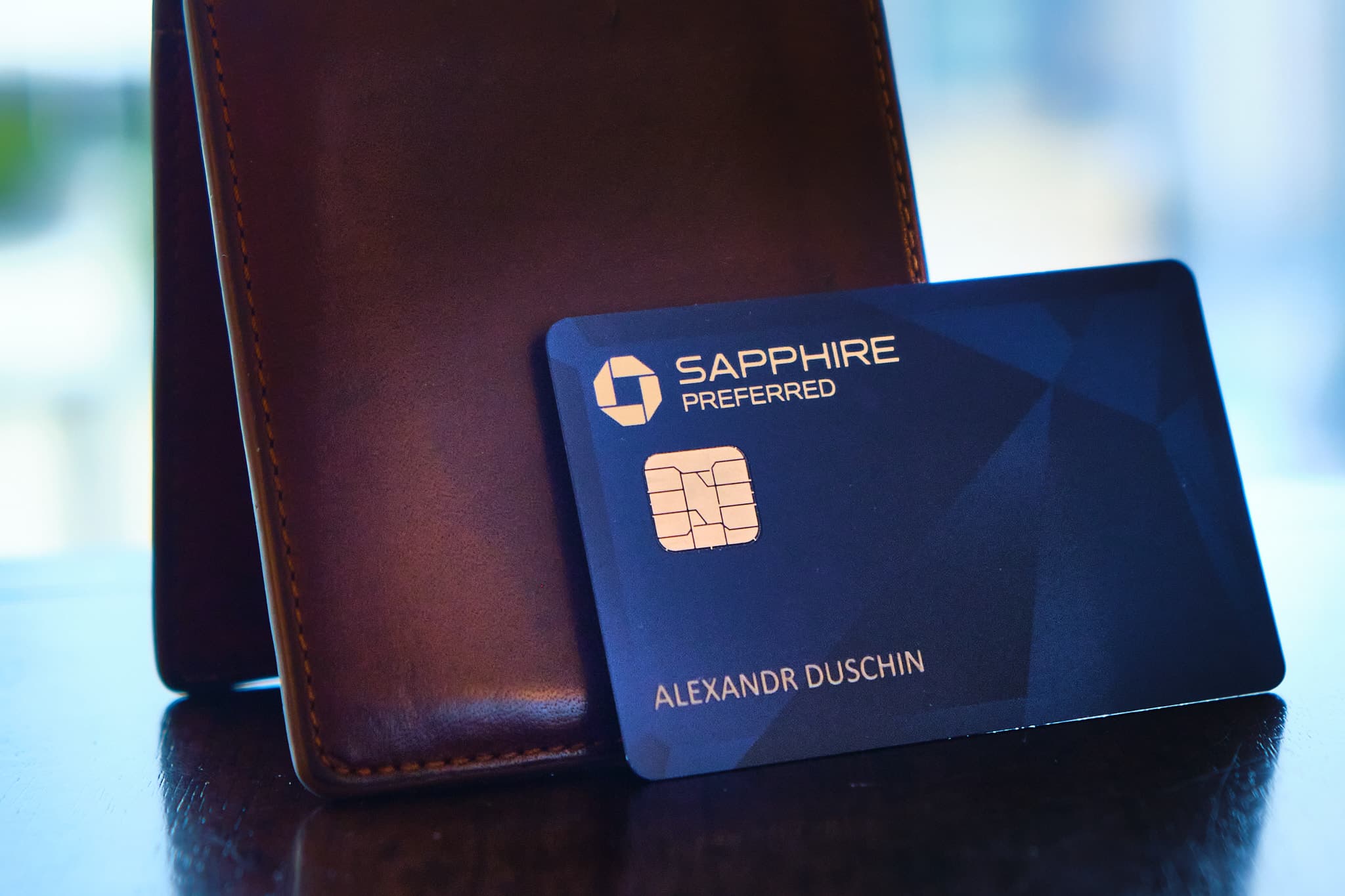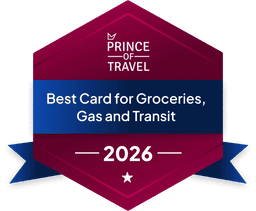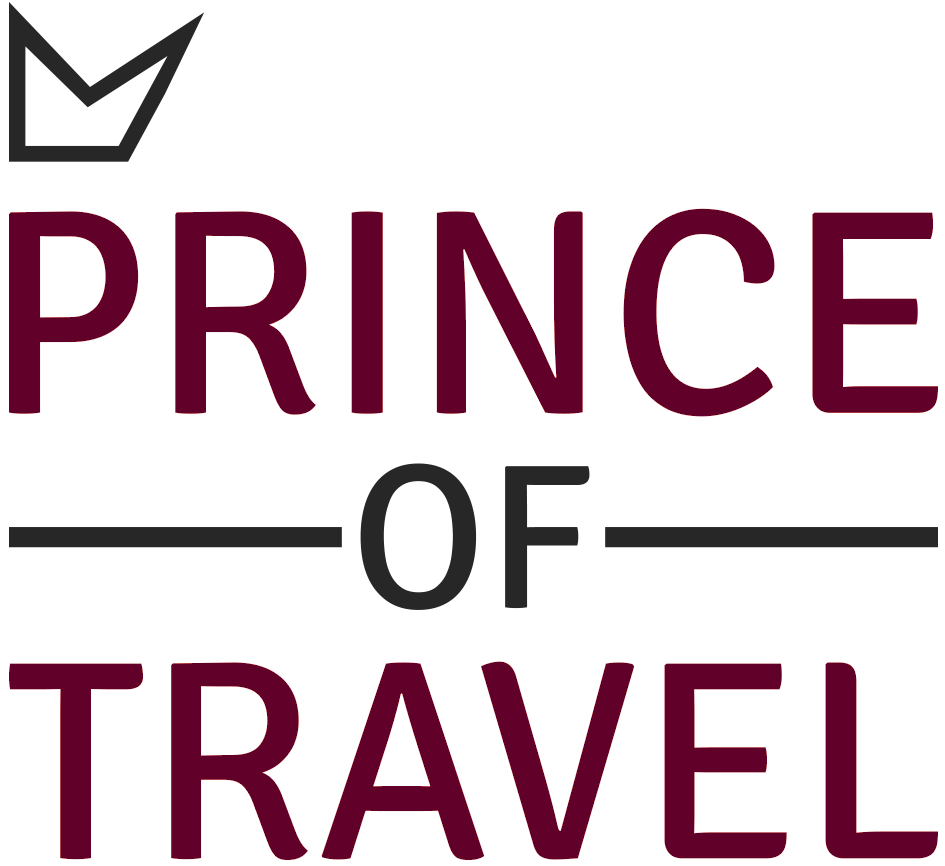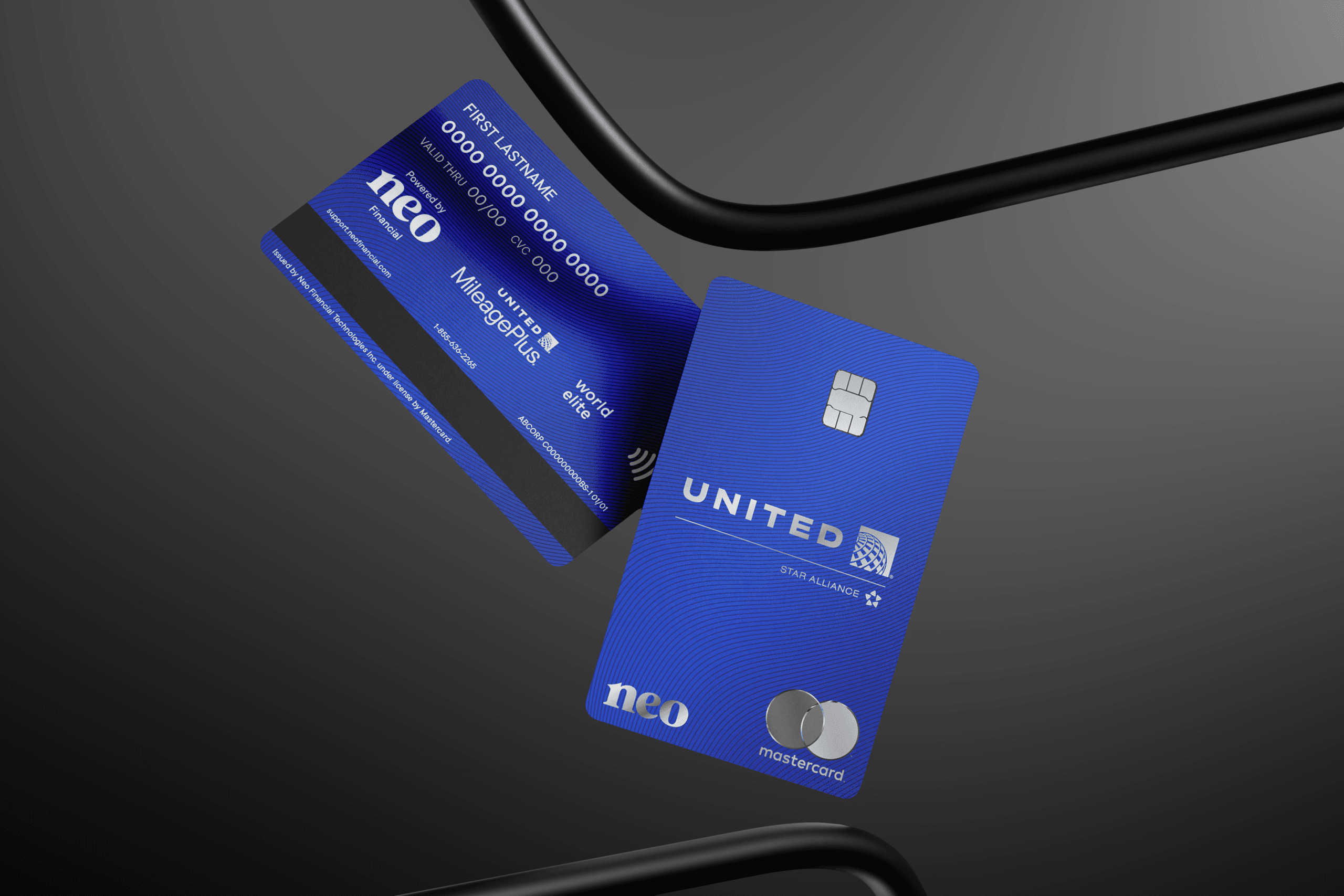Chase Sapphire Cards Adding New Benefits & Credits

There’s been some major news this week for anyone involved with US credit cards: Chase has announced that their flagship Sapphire card lineup is getting a revamp on August 16, 2021.
Both the Preferred and Reserve versions will offer new credits, benefits, and bonus category multipliers, making the cards more attractive to keep for a second year.
Chase Sapphire Preferred Changes
The Chase Sapphire Preferred is Chase’s entry-level product with a US$95 annual fee, currently offering a record-high signup bonus of 100,000 Ultimate Rewards (UR) points upon spending US$4,000 in the first three months.

New Category Multipliers
Currently, the Sapphire Preferred earns 2 UR points per US dollar spent on dining and travel. For comparison, the two main competitors with similar annual fees – the Citi Premier and Amex US Green Card – offer 3x multipliers on those categories.
On August 16, the earning structure will change to the following:
- 5x points for booking travel through the Chase Travel Portal
- 3x points on dining, including worldwide restaurants and food delivery
- 3x points on select streaming services
- 3x on online groceries, excluding big-box stores, wholesale clubs, and any in-store supermarket purchases
- 2x points on other travel purchases
- 1x points on all other purchases
The 5x bonus category on travel booked through the Chase portal is similar to what Chase’s chief competitor, American Express US, is offering on the US-issued Platinum Card and Business Platinum Card bookings made through amextravel.com.
Meanwhile, the 3x online groceries bonus seems to be geared towards grocery delivery services, such as Instacart. At this time, it’s unclear whether Canadian purchases will be eligible.
US$50 Annual Hotel Credit
The Sapphire Preferred will introduce its first annual credit to help offset the US$95 annual fee. Every card anniversary, members will receive US$50 towards a hotel stay booked through the Chase Travel portal. Individuals who held the Sapphire Preferred before August 16 will only be entitled to the credit starting with their second year.
This benefit, in conjunction with the 5x multiplier, will deliver the best value at non-chain properties or for travellers who don’t have hotel status.
That’s because Chase Travel is powered by Expedia; as a third-party travel agency, their bookings do not qualify for elite benefits or count towards status qualification with Marriott Bonvoy, Hilton Honors, or the other major chains.
10% Annual Points Bonus
Every year, Chase will award Sapphire Preferred cardmembers an extra 10% of points based on their eligible spend. The 10% annual points bonus is calculated on the base spend, not on any of the 5x, 3x, or 2x bonuses.
For example, if a customer had spent US$10,000 in the first year, they will receive an extra 1,000 Ultimate Rewards points on their membership anniversary.
Is It Worth Keeping the Sapphire Preferred as a Canadian?
Short answer – yes, if one can maximize the earning rates and travel benefits to deliver more than US$95 worth of value every year.
The dining multiplier is comparable with Citi Premier, but the latter also offers 3 points per US dollar spent on supermarkets. In-store purchases qualify on the Citi card, as opposed to online-only groceries on the Sapphire Preferred.
The streaming service multiplier makes sense for purchases billed in USD. Otherwise, the American Express Cobalt Card‘s new 3x earning rate on streaming services will be a better deal for Canadians, also starting August 16.
On the travel side, 2x points per US dollar is notably weaker than the Citi Premier’s 3x points. 5x on Chase Travel Portal bookings may make up for this discrepancy, but only when elite benefits are irrelevant and there are no co-branded cards that provide a comparable earning rate if booking directly with airline or hotel.
Canadians may want to book a non-chain hotel through Chase once a year to redeem the US$50 hotel credit, thus reducing the effective annual fee to US$45.

The 10% bonus points on every card anniversary only moves the needle if the customer spends considerable amounts of money on the card. For those who complete the US$4,000 minimum spending requirement and then shelve the card, an extra 400 points hardly make a difference.
In the end, the US$50 hotel credit and some of the spend multipliers may help break even with the US$95 annual fee after receiving the sky-high welcome bonus.
The new benefits don’t make the Sapphire Preferred the best daily driver in the US credit card market. The Citi Premier, the Amex Green, or even the more expensive Amex Gold are better options for those who spend a lot of time south of the border.
Chase Sapphire Reserve Changes
The Chase Sapphire Reserve is a luxury travel card with a US$550 annual fee, playing in the same ballpark as the Amex US Platinum Card and the now-discontinued Citi Prestige.
Despite the premium positioning, its current signup bonus is lower than the Preferred at 60,000 UR points upon spending US$4,000 in the first three months.

New Category Multipliers
As of now, the Chase Sapphire Reserve offers a straightforward 3 points per US dollar spent on all dining and travel.
On August 16, Chase will add three bonus categories to the Reserve, resulting in the following earning structure:
- 10x points on Chase Dining, which is a portal for booking exclusive gastronomic experiences in the US
- 10x points on hotels and car rentals booked through the Chase Travel Portal
- 5x points on flight reservations booked through the Chase Travel Portal
- 3x points on other dining and travel purchases
- 1x points on all other purchases
Existing Sapphire Reserve Benefits for Canadians
The Chase Sapphire Reserve aims to justify its US$550 annual fee with a series of credits and benefits, only some of which are usable for Canadian-based cardholders.
First, there is a US$300 travel credit that resets on every card anniversary. Unlike Amex US’s airline incidental credits, this US$300 credit applies to any travel purchases charged to the Reserve, reducing the effective annual fee to US$250.
Next, Chase offers a complimentary 12-month DashPass membership on both Sapphire Preferred and Reserve. The membership must be activated on a US-issued DoorDash account, but can later be used in Canada.
The Reserve also provides a set of US$60 DoorDash credits every half a year. The terms and conditions do not exclude food delivery in Canada.
Lastly, the card offers a standard set of travel benefits, including a Priority Pass membership with complimentary visits for yourself and two guests, TSA Pre-check or Global Entry credits, and a generous insurance policy.
My Thoughts on the Chase Sapphire Cards
I currently hold the Chase Sapphire Preferred, and would have kept it in the long run even under the old terms.
An active Sapphire card is needed to unlock the ability to transfer Ultimate Rewards points to high-value airline and hotel partners, such as World of Hyatt and Singapore Airlines KrisFlyer. Furthermore, I am looking to build a long-term relationship with Chase so that I can apply for other products once I am back under 5/24.
The Reserve card will be keeping its hefty US$550 annual fee, but the US$300 travel credit instantly reduces it to a less scary US$250. While the complimentary DashPass subscription is only valid for year, there is a set of potentially useful US$60 DoorDash credits every half a year, further reducing the net cost of the card.
In addition, 10 Ultimate Rewards points per US dollar spent on hotels and car rentals through the Chase portal can be a fantastic return on spend, especially for non-chain hotels or car rentals where elite status would not apply anyway.

Brushing aside the mediocre welcome bonus of 60,000 Ultimate Rewards points, I would rather sign up for and keep the Reserve rather than its rival premium US card, the Amex US Platinum Card.
Chase credits are easy to use, and the earning rates are more competitive. The sweet spot would be booking ultra-luxury stays at Four Seasons, Rosewood, Fairmont, or Shangri-La.
I don’t have elite status with any of those chains, and getting 10 Ultimate Rewards points back is equivalent to a 20% discount, given that I value Chase points at about 2 cents per point (cpp).
Given that the Sapphire Reserve provides great value when booking travel through the Chase Travel Portal, has a straightforward benefit and earning structure, and only costs a net US$250 per year at most, I might consider switching my current Sapphire Preferred to a Sapphire Reserve depending on my upcoming travel plans – although I’m hoping that Chase picks me for a targeted upgrade offer to sweeten the deal even further.
Conclusion
Chase appears to follow the footsteps of American Express in the US, adding dining and travel benefits to their flagship Sapphire card lineup. The new offers may incentivize Canadians to keep the cards for a second year, with credits reducing the effective annual fees to manageable amounts.
The Sapphire Preferred costs US$95 a year and features new multipliers for restaurants, online groceries, streaming services, and travel bookings made through the Chase Travel Portal. On the benefits side, the card will add a US$50 hotel credit that applies every membership year for hotel bookings through their in-house travel agency.
A 10% points bonus on last year’s spend is also a nice boost, but doesn’t move the needle too much if there’s not much spend on the card in the first place.
First-year value
$336
Monthly fee: $15.99
• Earn 1,250 points per month upon spending $750 per month for 12 months
Earning rates
Key perks
- Transfer to airline and hotel partners

Monthly fee: $15.99
• Earn 1,250 points per month upon spending $750 per month for 12 months
Earning rates
Key perks
- Transfer to airline and hotel partners





